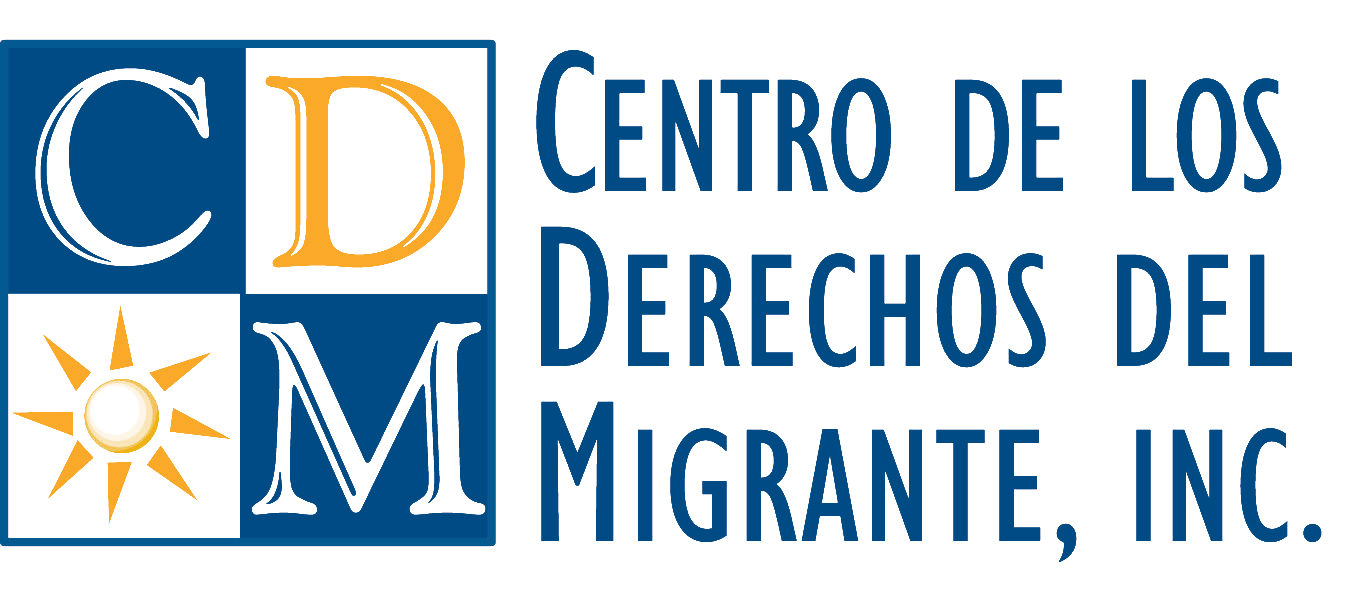FOR IMMEDIATE RELEASE
April 6, 2016
PRESS CONTACTS:
Alissa Escarce, Centro de los Derechos del Migrante, Inc. (CDM)
1-855-234-9699 (U.S.), 01-800-590-1773 (MX); alissa@cdmigrante.org
Nan Schivone, Global Workers Justice Alliance
646-351-1160; nan@globalworkers.org
3rd Edition of Money Manual Helps Mexico-Based Workers Receive Due Compensation
MEXICO CITY, MEXICO—Today, American University Washington College of Law, Centro de los Derechos del Migrante (CDM), and Global Workers Justice Alliance release the third edition of Money Transfers to Mexico, a manual designed to help migrant worker advocates navigate the transfer of funds to their clients in Mexico.
When workers from Mexico win settlement funds in U.S. lawsuits challenging wage theft, discrimination, or human trafficking, advocates face the difficulty of ensuring that their clients receive the money once they have returned to Mexico. Differences in banking in the U.S. and Mexico, increased global security concerns, and professional ethics considerations create significant hurdles in getting workers the funds that are owed.
The transfer methods included in Money Transfers to Mexico have facilitated the transfer of millions of dollars in funds awarded to workers by courts, administrative agencies, and pursuant to settlement agreements. They include CDM’s partnership with the Mexican government’s Banco del Ahorro Nacional y Servicios Financieros (BANSEFI), which has allowed CDM to facilitate the transfer of over $4,277,965 to workers in Mexico on behalf of advocates in the U.S. One woman, whose husband was killed on the job in 2010, filed suit, and through this transfer mechanism, she received the much-needed compensation she was owed. The funds have allowed her to pay for her son’s education. As a result of a major wage and hour class action settlement, over 1,200 current and former guestworkers who live in Mexico are currently receiving individual settlement payments through this funds transfer mechanism.
The new edition of the money manual, released electronically and available at the links below, features new sections on U.S. tax issues and Mexican tax law for advocates to consider when sending settlement funds to clients in Mexico. It also provides updated information to help advocates send settlement funds to their clients in Mexico and facilitate justice across borders.
The Immigrant Justice Clinic at American University Washington College of Law (IJC) provides representation on a broad range of cases and projects involving individual immigrants and migrants, and their communities, both in the D.C. metropolitan area and overseas. Students Attorneys in the IJC regularly appear in Immigration Court, and may also appear before federal district court, the courts of Maryland and D.C., and before federal and state agencies. Since migration has a transnational dimension, the IJC occasionally advocates before regional and international bodies.
Centro de los Derechos del Migrante, Inc. (CDM) envisions a world where migrant workers’ rights are respected and laws and policies reflect their voices. CDM empowers Mexico-based migrant workers to defend and protect their rights as they move between their home communities in Mexico and their workplaces in the United States through education, outreach, and leadership development; intake, evaluation, and referral services; litigation support and direct representation; and policy advocacy. Read more about CDM at www.cdmigrante.org.
Global Workers Justice Alliance (Global Workers) combats worker exploitation by promoting portable justice for transnational migrants through a cross-border network of advocates and resources. Global Workers’ core work involves training and supporting a Defender Network comprised of human rights advocates in the migrant-sending countries to educates workers on their rights before they migrate, partner with advocates in the countries of employment on specific cases of labor exploitation, and engage in national and international policy work for systemic changes to improve conditions for migrants. Global Workers currently operates programs in the United States, Canada, Mexico, Guatemala, El Salvador, Honduras and Nicaragua. Global Workers often provides referrals for case support work outside of these areas. Learn more about Global Workers at www.globalworkers.org.
Access the 3rd edition of the Money Manual at the following links:
https://www.cdmigrante.org/wp-content/uploads/2016/04/MoneyManual_2016_FINAL-VERSION-PDF.pdf
www.globalworkers.org/our-work/publications/mxmoneymanual3rdEd


